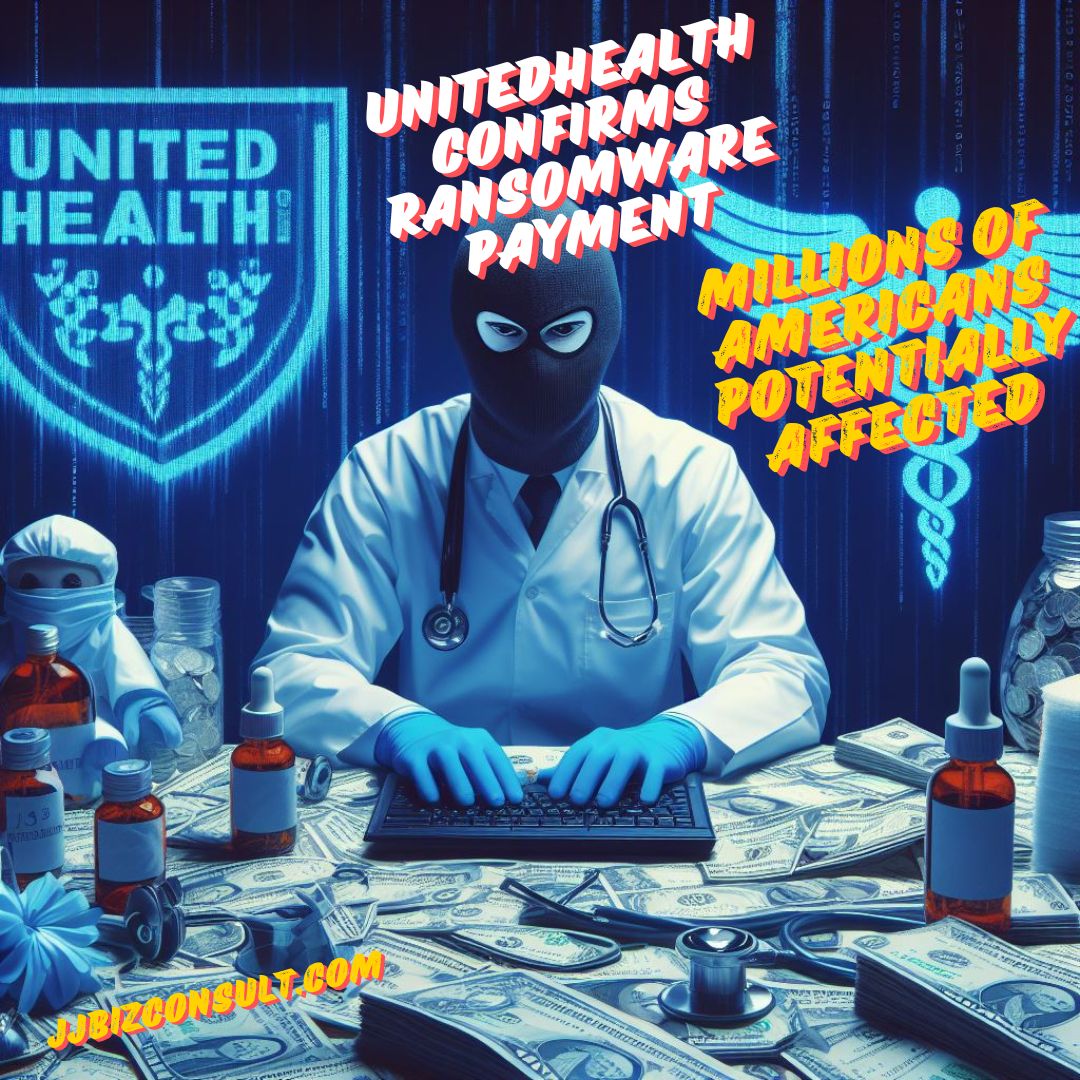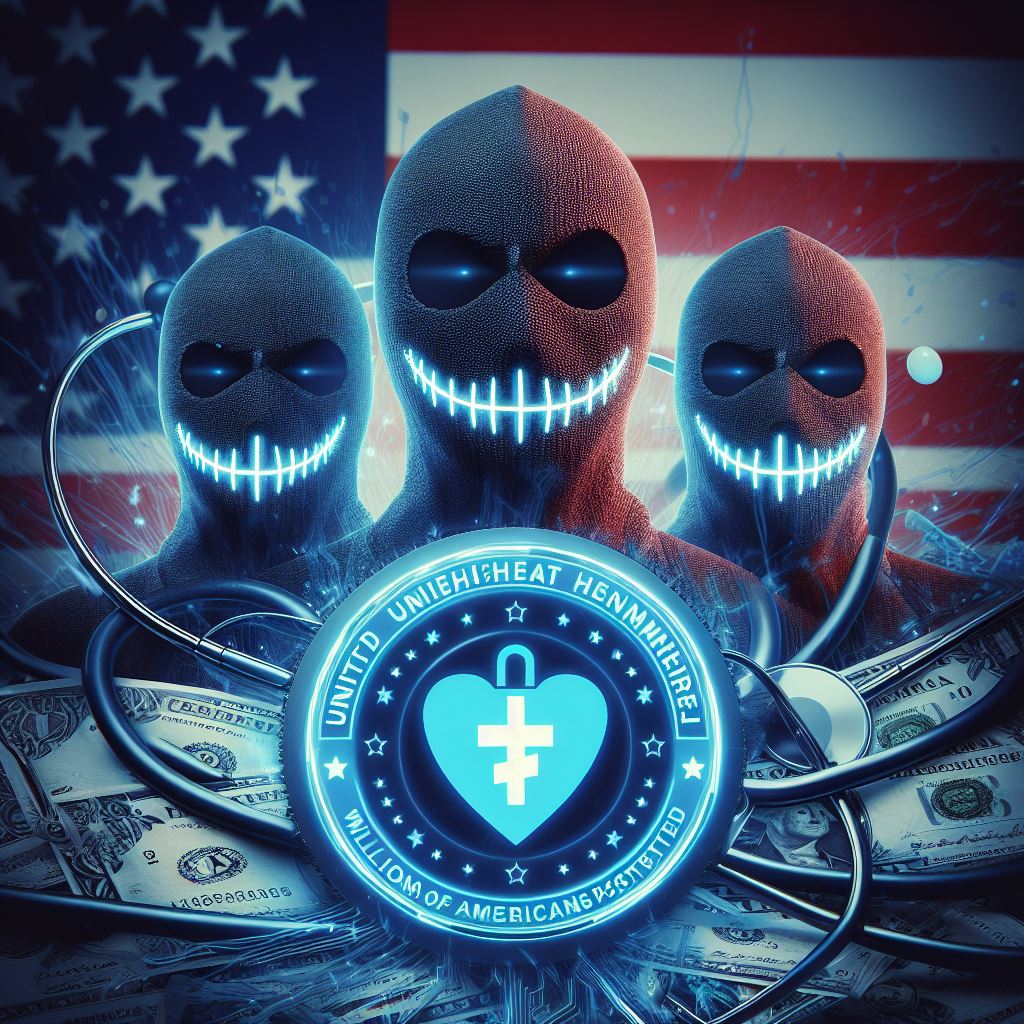
UnitedHealth Confirms Ransomware Payment, Millions of Americans Potentially Affected
Ransomware attacks are a serious and growing threat to businesses and organizations around the world, and the healthcare industry is not immune. This week, UnitedHealth Group, the parent company of the largest health insurer in the U.S., confirmed that it paid a ransom to cybercriminals following a ransomware attack on its subsidiary Change Healthcare earlier this year.
UnitedHealth Confirms Ransomware Payment
The attack, which occurred in February 2024, targeted Change Healthcare, a company responsible for processing a substantial portion of healthcare transactions in the United States. In an effort to protect potentially sensitive patient data, UnitedHealth confirmed that they made a ransom payment to the attackers. While the exact ransom amount remains undisclosed, this incident highlights the devastating impact ransomware attacks can have on both patient privacy and healthcare operations.
Top domain transfers with up to 41% off!
Potential Impact on Millions of Americans
UnitedHealth stated that a preliminary review of the compromised data revealed files containing protected health information (PHI) and personally identifiable information (PII) for a significant portion of the US population. This raises concerns about the potential misuse of this data by cybercriminals, including identity theft and medical fraud.
Steps Taken by UnitedHealth
In response to the attack, UnitedHealth has taken several steps to mitigate the damage and support those affected:
- Launching a website dedicated to providing resources and support to individuals potentially impacted by the breach.
- Establishing a call center to answer questions and offer assistance.
- Providing two years of free credit monitoring and identity theft protection services to affected individuals.
Ransomware Attacks on the Rise

The UnitedHealth incident serves as a stark reminder of the growing threat posed by ransomware attacks. These attacks involve hackers encrypting an organization’s data, essentially holding it hostage until a ransom is paid for its decryption. With the increasing value of personal data, healthcare organizations are becoming prime targets for ransomware attacks.
What Can Be Done?
There are a number of steps healthcare organizations can take to protect themselves from ransomware attacks:
- Implementing robust cybersecurity measures: This includes regularly updating software, using strong passwords, and implementing data encryption.
- Employee training: Educating employees about the dangers of phishing attacks and other social engineering tactics can help prevent them from inadvertently allowing access to cybercriminals.
- Backup and recovery plans: Having a reliable backup and recovery plan in place can minimize downtime and data loss in the event of an attack.
The Future of Ransomware

As ransomware attacks become more sophisticated, it is crucial for healthcare organizations to prioritize cybersecurity measures and invest in preventative strategies. Protecting patient data from these malicious attacks is essential for maintaining public trust and ensuring the smooth operation of the healthcare system.
Worldwide – Pick from 100K+ items to enjoy 100%OFF-APP New Users Only
While this incident highlights the challenges faced in protecting sensitive data, there are proactive steps healthcare organizations and individuals can take to minimize the risk of ransomware attacks. Our sister site, JJ Biz Insights, offers a comprehensive guide on “How to Prevent Ransomware Attacks” which dives deeper into understanding ransomware, best practices for prevention, and recovery strategies in the unfortunate event of an attack. By implementing these preventative measures, organizations can significantly bolster their cybersecurity posture and safeguard valuable data.




